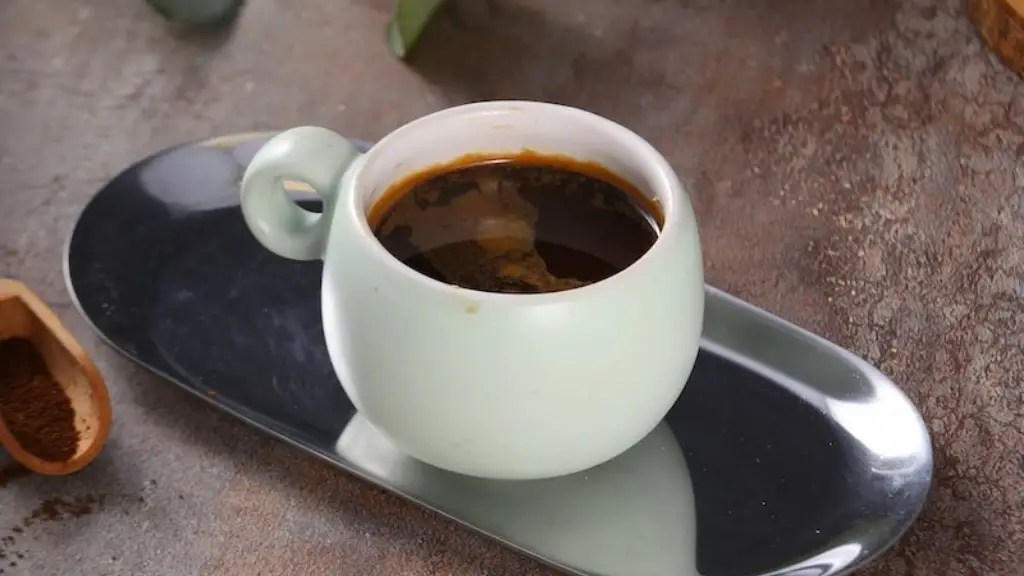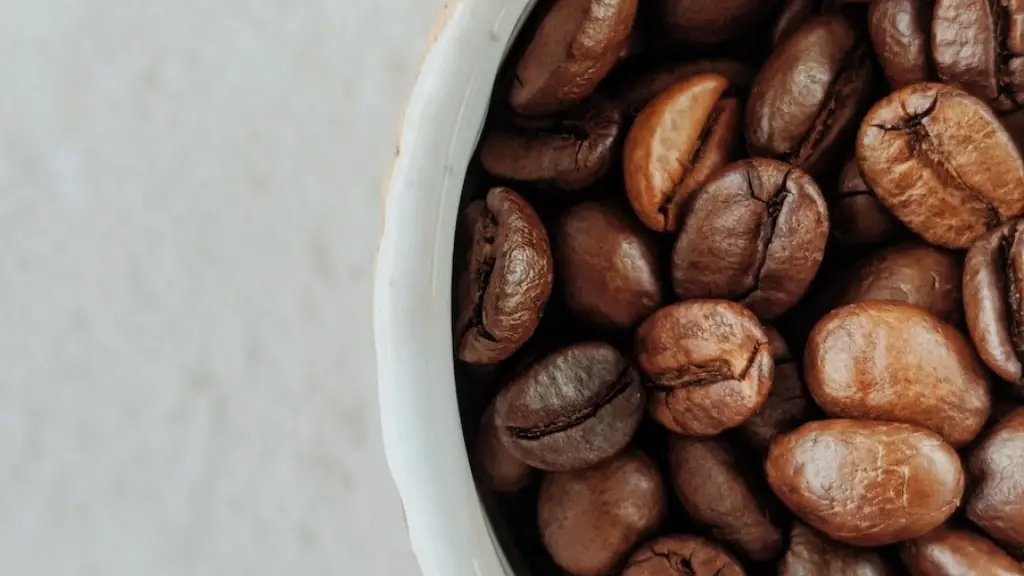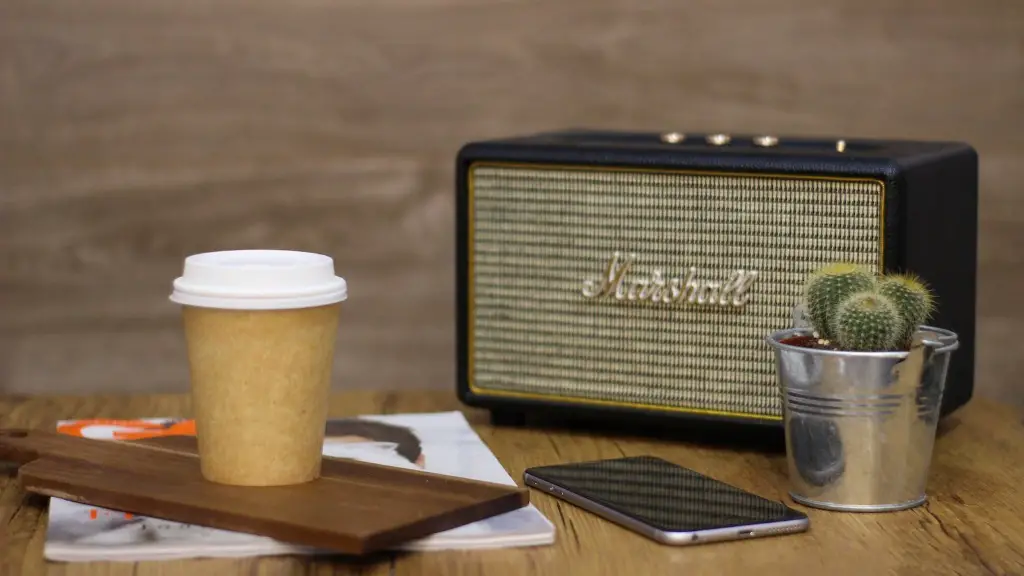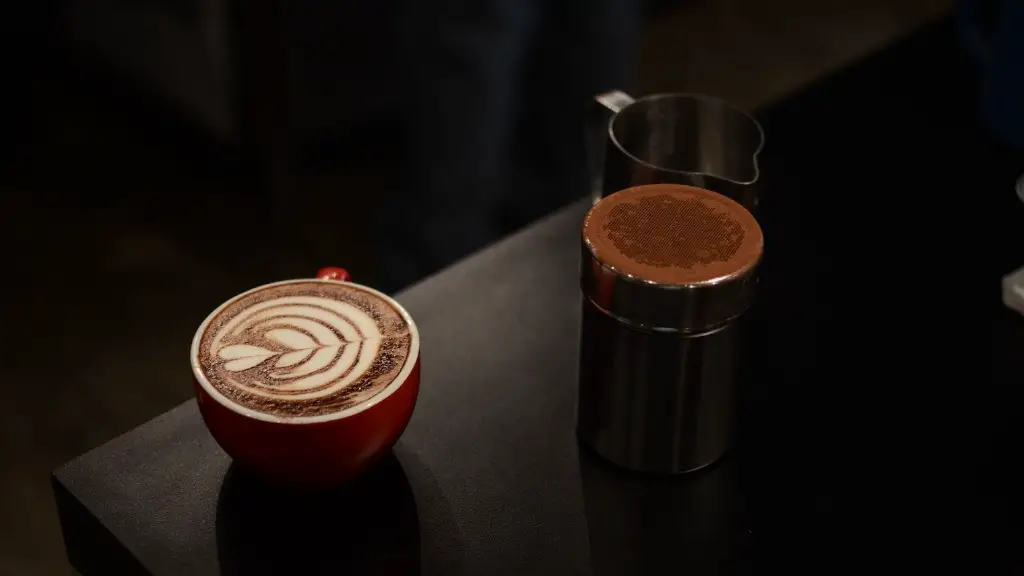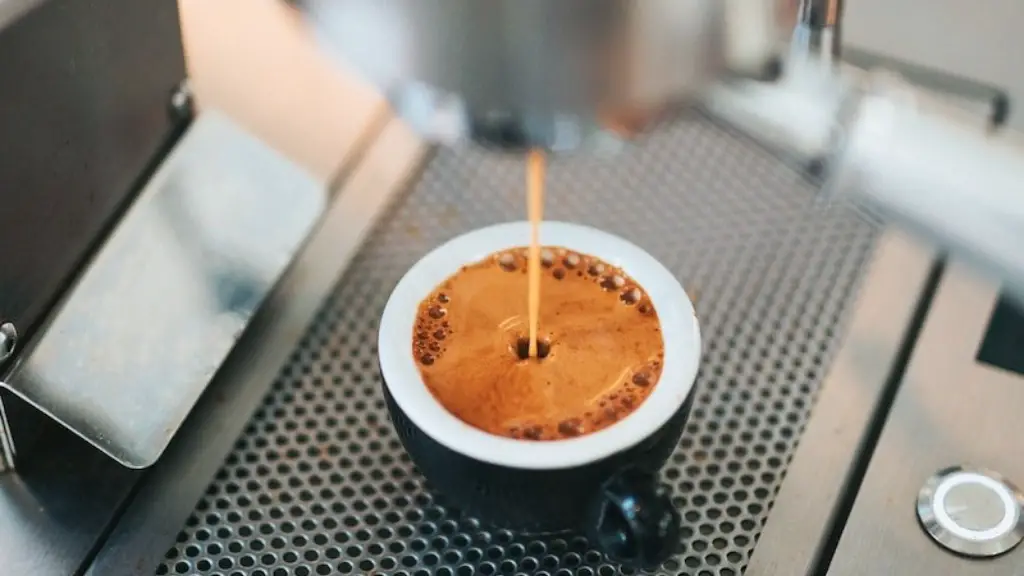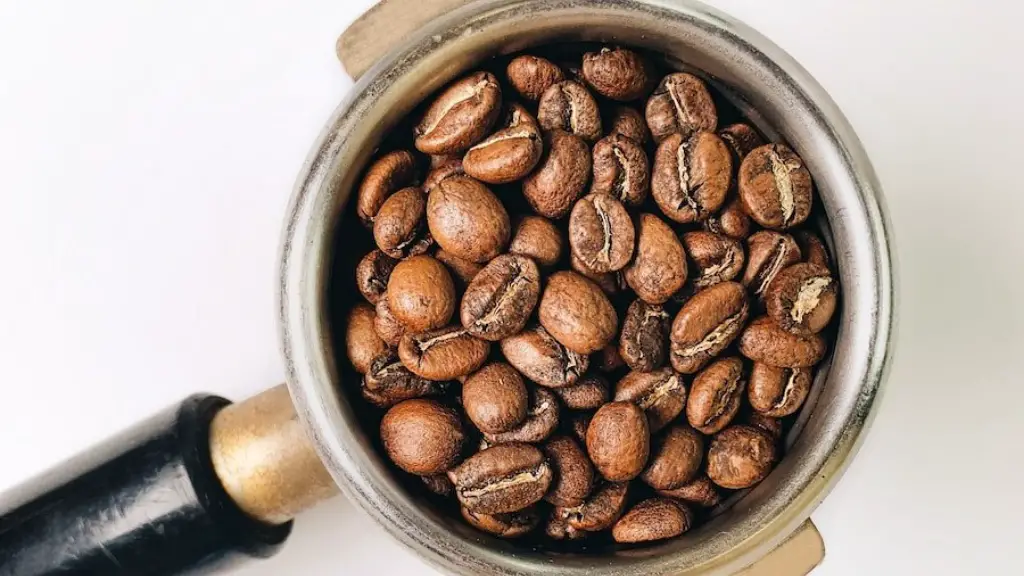When you have a fever, it is natural to wonder if it is okay to drink coffee. While coffee is mostly seen as a tasty beverage to give you energy and focus, it can also come with side effects and interact with medications. In this article, we will explore whether caffeine is a safe beverage to drink when you have a fever.
Fevers, which are your body’s natural response to an infection, are a sign of inflammation in your system. When your body increases its temperature, it builds an immune response to fight the infection. Thankfully, mild fevers are typically harmless; however, temperatures above 103 degrees F can be an indication of a more serious infection.
Caffeine is an antioxidant and stimulant that can interact with medications. It is also a mild diuretic, meaning that it can cause you to become dehydrated more quickly. As you will each medication differently and dehydration can aggravate a fever, it is best to check with your doctor about the appropriate dosing and frequency of caffeine.
In terms of hydration, caffeinated beverages like coffee can reduce the amount of fluid in your body if consumed too frequently or in large quantities. Since hydration is very important when you have a fever, drinking coffee may increase your risk of dehydration. When you have a fever, your body becomes dehydrated more quickly, so it is important to focus on drinking plenty of water or other fluids to replace what is lost.
Caffeine can also interfere with certain medications, including some that are used to treat fevers, as well as those used to treat other conditions that can be related to fevers. For instance, some antibiotics and antiviral medications can interact with caffeine and make their effects less effective. To avoid any potential issues, it is important to talk to your doctor about any medications you are taking and the implications of caffeine on their effectiveness.
It is also important to know that caffeine can have some positive effects on fever. Research has shown that caffeine may act as an anti-inflammatory in milder fever cases. This can help to reduce the severity of your fever and reduce swelling. In addition, caffeine is known to have a stimulating effect on the central nervous system, which can help you to feel more alert and energetic, both of which are helpful when you have a fever.
At the end of the day, it is important to talk to your doctor before consuming any caffeinated beverages, no matter how mild your fever is. Depending on your condition and medications, caffeine can either help or hinder your recovery and cause further harm. Usually, it is recommended to take two days off from caffeine while you are still suffering from a fever, just to be safe.
Are Any Caffeinated Beverages Safe When You Have A Fever?
When you have a fever, caffeinated beverages should be consumed in moderation, and with caution. If you have a mild fever, you may be able to have one cup of coffee, however, drinking more than that could further dehydrate your body and interfere with the medications you are taking. If you have a fever, it is best to avoid caffeinated beverages and focus on drinking water or other non-caffeinated beverages.
Caffeinated beverages may also contain added sugars which can further dehydrate your body, so it is best to avoid them altogether and stick to hydrating fluids. Additionally, many caffeinated beverages come in large servings, which may not be suitable for those with a fever. If you do decide to have a caffeinated beverage, make sure it is in a small portion.
In summary, caffeinated beverages, such as coffee and tea, may have some positive effects on fevers, such as acting as an anti-inflammatory and providing an energy boost. However, it is important to talk to your doctor about the effects of caffeine on your medications and general health before consuming any caffeinated beverages. Additionally, it is best to avoid caffeinated beverages, or limit your intake, while you are recovering from a fever.
How Much Caffeine Is Safe When You Have A Fever?
The amount of caffeine you should consume when you have a fever will depend on your health, the medications you are taking and the severity of your fever. Generally, it is recommended to take two days off from caffeine while recovering from a fever and to not consume more than one cup of coffee per day. Additionally, it is best to avoid caffeinated beverages, such as energy drinks and sodas, as these tend to be high in sugar which can further dehydrate your body.
For those with mild fevers, it may be safe to consume one cup of coffee in the morning and a smaller serving in the afternoon. For those with more severe fevers, it is best to avoid caffeine altogether and focus on drinking plenty of water. In cases where you have been prescribed medications for your fever, it is recommended to speak with your doctor about the effects of caffeine on the medications and your overall health before consuming any caffeinated beverages.
In conclusion, when you have a fever, it is best to err on the side of caution and avoid consuming caffeine. If you do decide to consume caffeine while suffering from a fever, it is important to speak with your doctor first, drink in moderation and focus on hydrating fluids instead.
Is It Safe To Drink Coffee When You Have A Fever In Children?
When it comes to children with fevers, it is best to avoid caffeinated beverages altogether. Caffeinated beverages, such as coffee, can have a stimulating effect on the body which can exacerbate fevers. Additionally, caffeine can interfere with medications, such as antibiotics and pain relievers, which can be used to treat fevers in children. Therefore, it is safest to avoid caffeinated beverages when your child has a fever.
When your child does have a fever, it is important to make sure they stay well hydrated. Fluids are essential for helping the body to fight infections, and dehydration can worsen fever symptoms. Therefore, it is best to focus on giving your child plenty of water, as well as other fluids, such as natural fruit juices, watery soups and broths.
It is also important to make sure your child gets plenty of rest while they are suffering from a fever. Fevers use up a lot of energy, so it is important to make sure your child gets enough sleep and has plenty of quiet time during the day in order to recover. Additionally, mild physical activities and long, warm showers can also help to reduce fevers in children. However, it is important to avoid vigorous activities, as this could cause their fever to worsen.
In conclusion, it is best to avoid caffeinated beverages when your child has a fever. It is important to focus on hydration and make sure your child gets plenty of rest and mild activity in order to reduce the severity of their fever and aid in their recovery.
What Are The Benefits Of Coffee During A Fever?
While it is best to avoid consuming coffee when you have a fever, there are some potential benefits that may come with drinking it. Caffeine is known to have a stimulating effect on the central nervous system, which can help you to feel more alert and energetic. This can be especially helpful when you have a fever, as you may be feeling drained and exhausted. Additionally, caffeine is an antioxidant and can act as an anti-inflammatory, which can help to reduce the severity of your fever.
However, it is important to remember that caffeine can also have some negative effects when you have a fever. It can interfere with certain medications and dehydration can make a fever worse, so it is best to talk to your doctor before consuming any caffeinated products. Additionally, caffeinated products, such as energy drinks and sodas, may contain added sugars, which can further dehydrate your body and further exacerbate fever symptoms. Therefore, it is best to stick to drinking small servings of black, plain coffee.
In summary, while caffeinated beverages, such as coffee, may have some positive effects on fevers, such as boosting energy levels and reducing inflammation, it is best to avoid them when you have a fever. If you do decide to have a caffeinated beverage, it is important to speak with your doctor first and to drink in moderation.
How Long Should You Avoid Caffeine When You Have A Fever?
It is usually recommended to avoid caffeine when you are suffering from a fever, as it can interfere with medications, exacerbate dehydration and further worsen fever symptoms. Generally, it is best to take two days off from caffeine while you are still suffering from a fever, just to be safe. If your fever persists for more than two days, it is best to speak with your doctor about further measures.
If you have a mild fever, it may be safe to have one cup of coffee in the morning. However, it is important to remember that drinking too much caffeine can interact with medications and further dehydrate your body, so it is best to stick to one cup per day and to focus on drinking plenty of hydrating fluids instead.
It is important to talk to your doctor before consuming any caffeinated beverages or other products, in order to make sure they are safe for your health. Everyone reacts differently to medications and it is important to take the full course of any medication that has been prescribed in order to speed up recovery. Additionally, it is important to know that caffeine can boost your energy levels, however, it should not be used as a replacement for rest.
In conclusion, while caffeine can have benefits when you have a fever, such as boosting energy levels, it is best to avoid it. If you do decide to have a caffeinated beverage, it is important to talk to your doctor and drink in moderation. Generally, it is recommended to take two days off from caffeine while you are still suffering from a fever.
